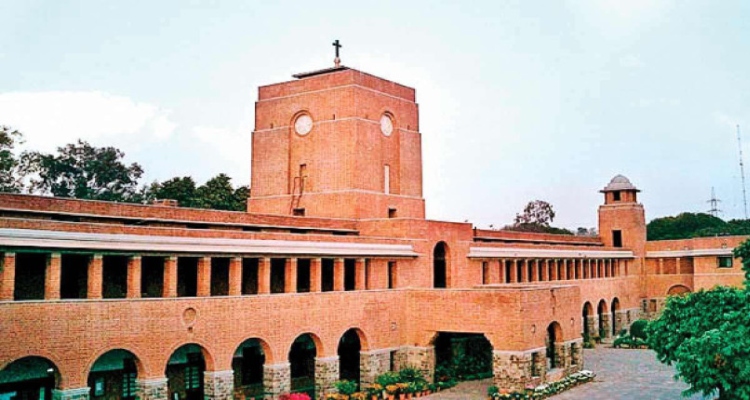
In a significant relief for seven students, the Delhi High Court has ordered St. Stephen’s College to grant them admission based on seats allocated by Delhi University. The students faced undue hardship due to an ongoing dispute between the college and the university regarding the seat matrix.
The court, led by Justice Swarana Kanta Sharma, noted that the college’s indecision had placed the students in a state of uncertainty, preventing them from exploring other options.
“On one hand, the petitioners faced the challenge of uncertainty over securing admission to their preferred college, St Stephen’s, and on the other hand, they were also deprived of the opportunity to select and opt for their second-choice college,” the court remarked. This indecision blocked them from participating in later allocation rounds, leading to missed opportunities.
The court’s decision came in response to two petitions filed by the students, who sought admission under the “single girl child quota” offered by DU. They had been allotted seats for BA Economics (Honours) and BA programmes but their admissions were delayed. The court found that the university’s allocation of seats, which followed DU’s seat matrix policy, had neither been set aside nor found faulty, and therefore directed the college to admit the students.
Justice Sharma emphasized that the students were not at fault and had suffered due to the unresolved dispute between the college and university over seat calculations. St. Stephen’s had followed DU’s seat allocation policies in previous years, making the current refusal unjustifiable. The college argued that it was only obligated to admit students within its sanctioned limit, opposing the DU’s Common Seat Allocation System, but the court rejected this claim.
Additionally, the court dismissed the college’s argument that the CSAS lacked statutory backing, noting that St. Stephen’s had never formally challenged the system. It also ruled that the 13 different BA programmes offered by the college should be considered distinct for the purpose of seat allocation, both for Christian minority and non-minority students.
The court instructed that in the future, any college grievances regarding the seat matrix must be communicated to DU at least three months before the admission process begins. The university is required to resolve such issues within two months to ensure students are not disadvantaged.




